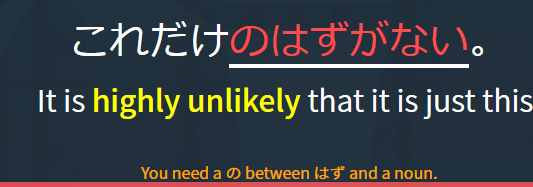Not an expert either but fun to explore.
Are you talking about sentence talking about 丈 reference?
[補説]「だけ」は名詞「たけ(丈)」から転じたもので、近世以降になって助詞として用いられるようになった。もとの名詞「たけ」は副詞「ありったけ」などに名残をとどめている
Don’t understand 100%, but I think they are just talking about the lineage of 丈, not necessarily だけ used as a noun. I agree with @meadowdrone that これ is noun in reference. But I think you are right that some nouns are adverbial. This sparked another search talking about adverbial nouns (or noun that can modify verbs) which is an separate interesting topic. However they do talk about 副詞可能. Here is their quote which talks how nouns or noun origins have turn adverbial:
Next, 副詞的名詞 is used by jumandic too. It’s also used on the net and in papers in the context of Japanese and other languages. In ipadic this is called 副詞可能. It refers to nouns (or words originating from a noun) that can be used adverbially such as ところ, ため, ぐらい.
I’ve used this book for particle learning (a good little book IMO with example/explanations/groupings that is fairly cheap, N4ish). They listed くらい、ほど、ばかり(し)、ずつ、とも、だけ、も for quantity particles. I can’t imagine やら being used as a noun when it clearly connects nouns/adj/verb as particle.



